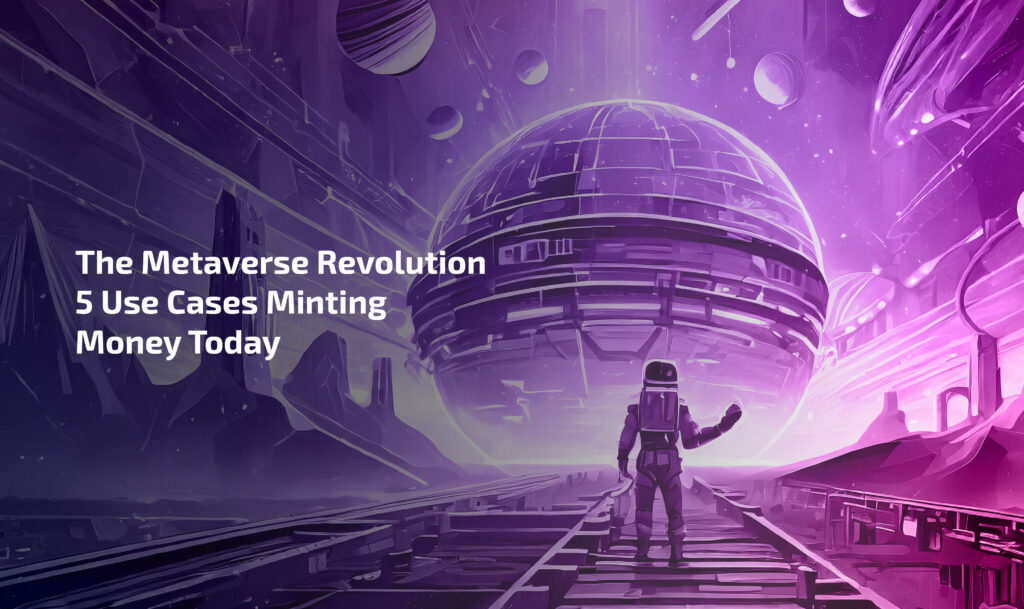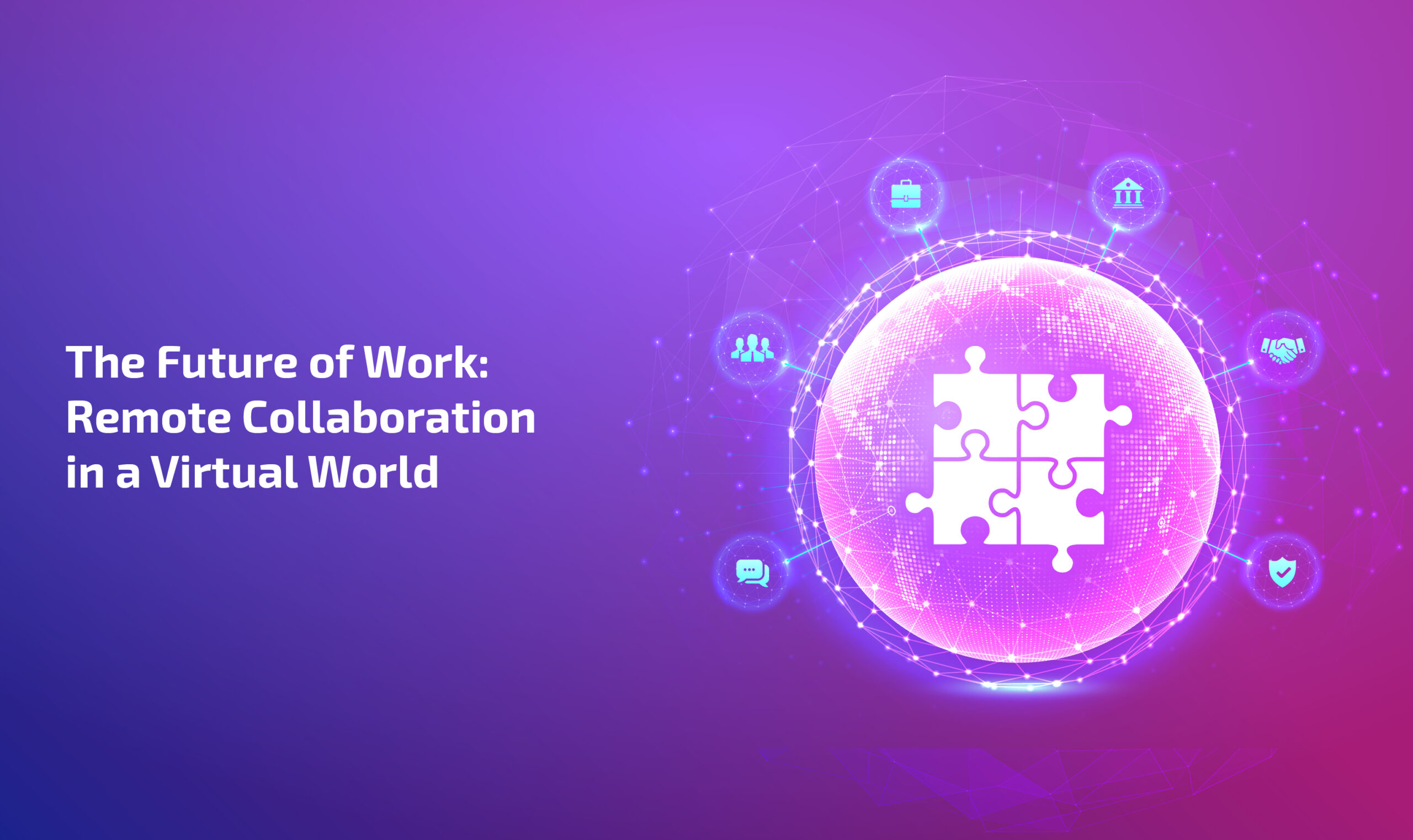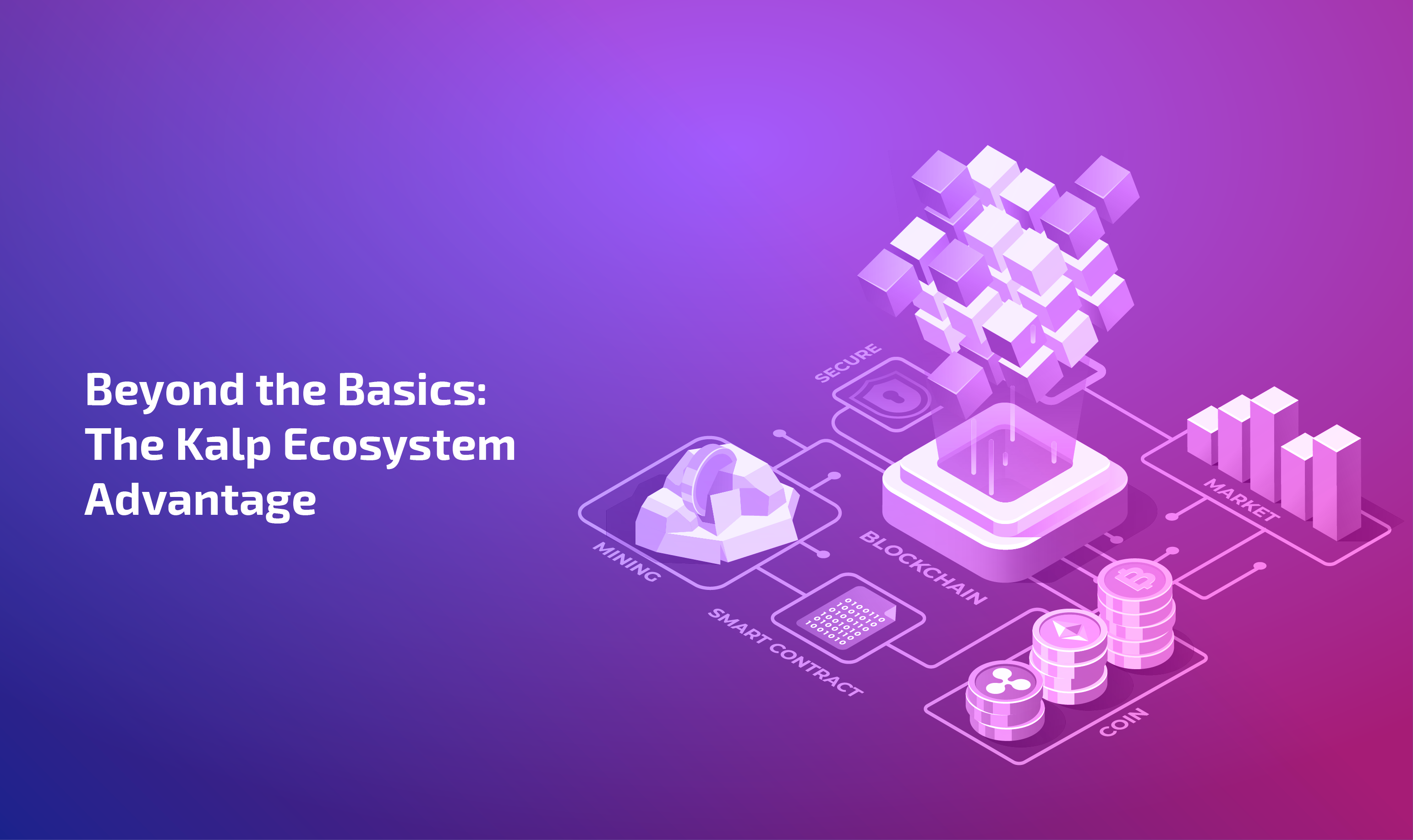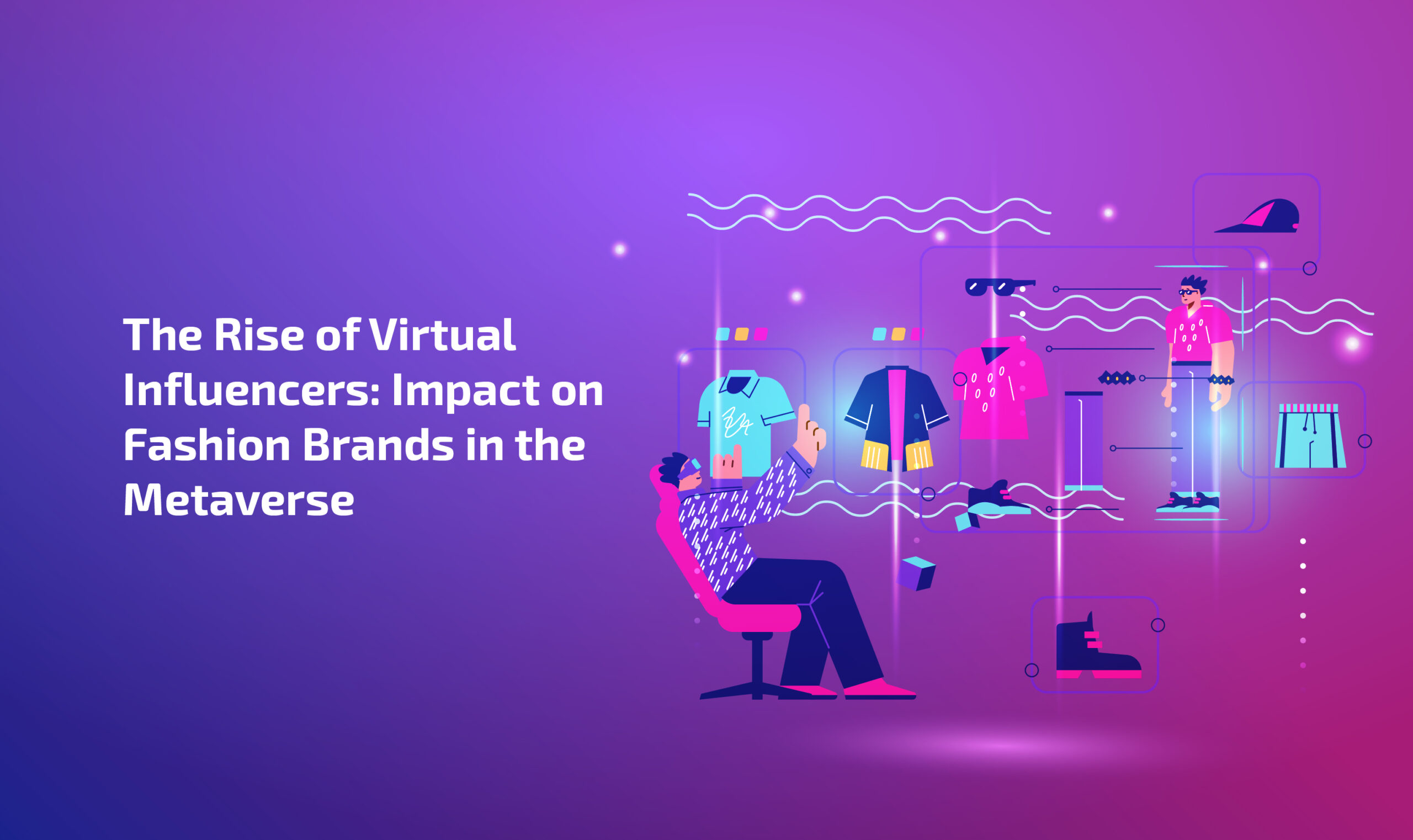
The metaverse, a persistent, immersive virtual world, is no longer science fiction. It’s slowly becoming a reality, and businesses are taking notice. While the full potential of this interconnected web of 3D virtual spaces is yet to unfold, some forward-thinking companies are already reaping the benefits by implementing metaverse-ready solutions. This blog explores five such use cases that are generating revenue for businesses today:
1. Virtual Showrooms: Transforming Retail Experiences
Imagine stepping into a car dealership, browsing sleek models from the comfort of your couch, and even taking a virtual test drive. This is the reality of metaverse-powered virtual showrooms.
Benefits:
- Enhanced Customer Experience: Customers can explore products in detail, interact with virtual displays, and get a realistic feel for size and scale.
- Reduced Costs: Virtual showrooms eliminate the need for physical showrooms, saving on rent and maintenance costs.
- Global Reach: Businesses can showcase their products to a wider audience, breaking geographical barriers.
Future:
More sophisticated, integrating features like AI-powered sales assistants and personalized product recommendations.
2. Virtual Events: Reaching New Heights of Engagement
Conferences, concerts, and product launches are finding a new life in the metaverse. Virtual events offer a unique blend of accessibility and interactivity, surpassing the limitations of physical events.
Benefits:
- Global Participation: Anyone with an internet connection can attend, eliminating travel constraints.
- Immersive Experiences: Businesses can create interactive experiences like 3D exhibits, virtual tours, and gamified presentations.
- Data Collection: Valuable data can be collected on user behavior and preferences during the event.
Future:
Expect virtual events to become more integrated with physical events, creating hybrid experiences. Additionally, advancements in virtual reality will allow for even more realistic and interactive experiences.
3. Metaverse Marketing: Building Brand Communities
The metaverse is a fertile ground for building brand communities and fostering deeper customer engagement. Brands can leverage virtual spaces to showcase their products, host interactive experiences, and engage in personalized interactions with customers.
Benefits:
- Brand Storytelling: Companies can create immersive experiences that tell their brand story in unique and impactful ways.
- Increased Engagement: Interactive experiences and virtual challenges can keep customers engaged and coming back for more.
- Community Building: Virtual spaces can foster a sense of community among brand loyalists, leading to increased brand advocacy.
Future:
Expect the lines between physical and virtual marketing to blur further. Social media platforms will likely integrate metaverse features, allowing for seamless brand interactions.
4. Virtual Training: Learning Without Limits
The metaverse offers a revolutionary approach to employee training. Businesses can create immersive simulations that provide a safe and realistic training environment for employees.
Benefits:
- Improved Learning Outcomes: Interactive simulations can enhance learning and retention compared to traditional training methods.
- Scalability: Training programs can be delivered to a global workforce without geographical limitations.
- Cost Reduction: Eliminates the need for travel and physical training facilities.
Future:
Expect to see the development of AI-powered virtual mentors who can personalize training experiences and provide real-time feedback.
5. Virtual Collaboration: Breaking Down Geographical Barriers
The metaverse allows teams to collaborate in real-time, regardless of location. Teams can work on projects together in a shared virtual workspace, using 3D models and interactive tools.
Benefits:
- Improved Communication and Collaboration: Virtual environments allow for real-time communication and collaboration, fostering a sense of presence and shared goals.
- Increased Productivity: Teams can work on projects simultaneously, streamlining workflows and reducing communication delays.
- Enhanced Creativity: Immersive environments can spark new ideas and facilitate brainstorming sessions.
Future:
Expect virtual collaboration tools to become more sophisticated, integrating features like real-time document editing and spatial audio for natural conversation flow.
The Future of Metaverse Use Cases
The future of the metaverse is brimming with possibilities. Here are some additional use cases that are likely to emerge:
- Virtual Education: Imagine attending lectures in immersive virtual classrooms or exploring historical landmarks through virtual reality field trips.
- Virtual Healthcare: Telemedicine could be revolutionized by incorporating VR for remote consultations and even virtual surgeries.
- Virtual Tourism: Explore the Great Wall of China or climb Mount Everest, all from the comfort of your living room.
The metaverse is no longer a distant dream. It’s here, and businesses are already reaping the benefits. By embracing these metaverse-ready solutions, companies can enhance customer experiences, create new revenue streams, and foster a more engaged workforce. As technology advances, we can expect the metaverse to become an even more integral part of our lives, blurring the lines between the physical and virtual worlds in ways we can only begin to imagine.








